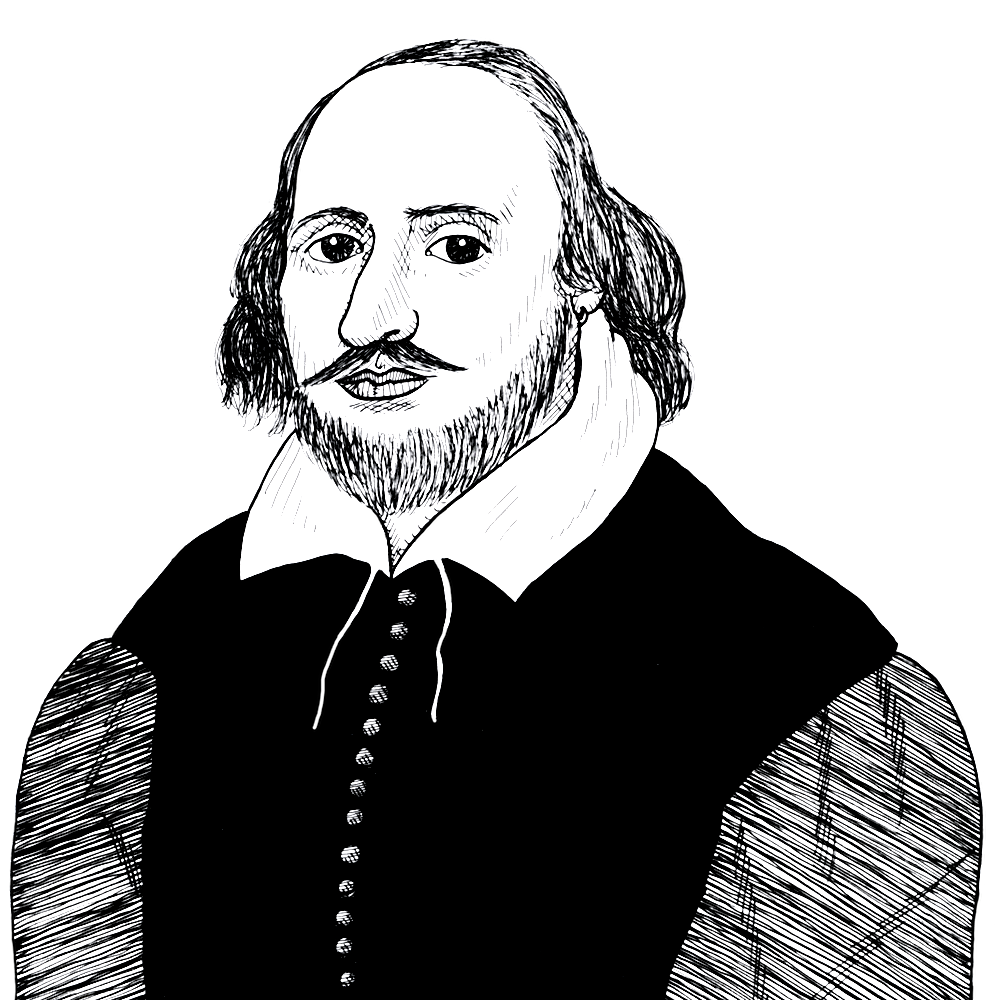
Shakespeare in Pericles on how the rich and powerful are like whales who eat up the harding working “little fish” (1608)
Found in: Pericles Prince of Tyre
In his later plays, William Shakespeare was very much concerned with the issue of good kingship. In this exchange from Pericles Prince of Tyre the ship-wrecked Prince Pericles overhears a conversation between some fishermen who discuss how rich and powerful men ("the drones") exploit those who have to work for a living (the "honey bees"):
Literature & Music
Third Fish. Nay, master, said not I as much when I saw the porpus how he bounced and tumbled? they say they’re half fish half flesh; a plague on them! they ne’er come but I look to be washed. Master, I marvel how the fishes live in the sea.
First Fish. Why, as men do a-land; the great ones eat up the little ones; I can compare our rich misers to nothing so fitly as to a whale; a’ plays and tumbles, driving the poor fry before him, and at last devours them all at a mouthful. Such whales have I heard on o’ the land, who never leave gaping till they’ve swallowed the whole parish, church, steeple, bells, and all.
Per. [Aside.] A pretty moral.
Third Fish. But master, if I had been the sexton, I would have been that day in the belfry.
Sec. Fish. Why, man?
Third Fish. Because he should have swallowed me too; and when I had been in his belly, I would have kept such a jangling of the bells, that he should never have left till he cast bells, steeple, church, and parish, up again. But if the good King Simonides were of my mind,—
Per. [Aside.] Simonides!
Third Fish. We would purge the land of these drones, that rob the bee of her honey.